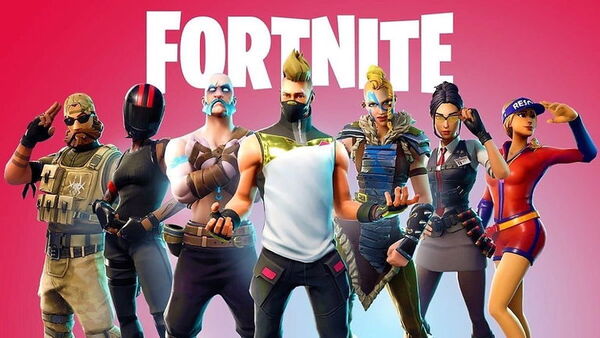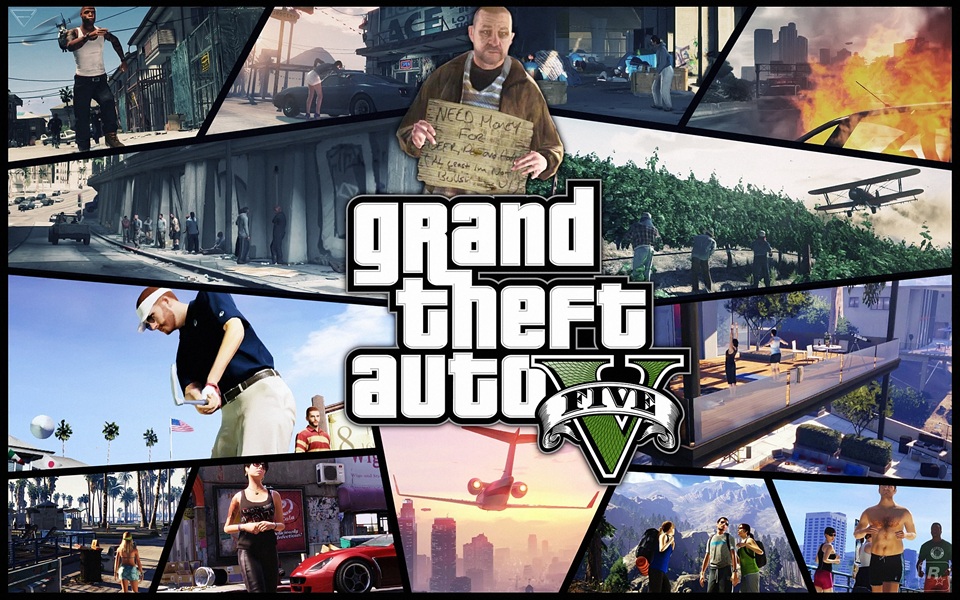Free Fire is one of the most popular mobile battle royale games in the world, attracting millions of players globally. But beyond the thrill of online survival, the term “free fire” also reminds us of real-life fire incidents that lead to damage and loss. This article bridges the virtual world of Free Fire with the realities of insurance and the crucial process of filing a claim after a fire. Whether you're a gamer, homeowner, or someone seeking to understand fire-related risks, this comprehensive guide is for you.
The Rise of Free Fire as a Global Phenomenon
The mobile game Free Fire, developed by Garena, launched in 2017 and quickly became a global hit. It provided a fast-paced, survival-style shooter game that allowed players to compete against 49 others in 10-minute matches.
Its lightweight design and compatibility with low-spec phones made it accessible, especially in regions like Southeast Asia, Latin America, and India. Free Fire stood out by offering fast gameplay, regular updates, and engaging events that kept players coming back.
Why is Free Fire so popular?
-
Mobile-friendly and easy to play
-
Regular updates and character additions
-
Competitive esports scene
Understanding Fire in the Real World
While Free Fire in gaming is about simulated combat, in reality, a “free fire” often refers to an uncontrolled fire event—whether at home, in a business, or in nature. Fires can start unexpectedly and have devastating consequences on life and property.
Fires are among the most destructive disasters, often leading to total loss of homes, businesses, and assets. Hence, understanding the importance of insurance and being prepared to file a claim is essential.
Common causes of fire:
What Is Fire Insurance?
Fire insurance is a type of property insurance that covers damage and losses caused by fire. It provides financial protection for homes, commercial buildings, equipment, and other insured assets.
Purchasing fire insurance ensures that if a fire does occur, the policyholder can recover financially through a claim. These policies often also cover smoke, explosion, and even water damage from firefighting efforts.
Key features of fire insurance:
-
Covers repair or rebuilding costs
-
May include temporary housing expenses
-
Can be extended with riders for theft or natural disasters
Why Gamers Should Care About Insurance Too
It may sound surprising, but even gamers, especially those who stream or make income through gaming, should consider insurance. Expensive equipment like PCs, consoles, and camera setups are often lost in fire incidents.
For Free Fire content creators, fire insurance can protect studio equipment, backups, and even income through business interruption coverage. In case of a fire, filing a claim can help replace destroyed gear quickly.
How to Choose the Right Fire Insurance Policy
Choosing the right insurance policy involves comparing coverage options, exclusions, premiums, and the reputation of the provider. Always read the terms carefully to understand what’s included and what’s not.
Questions to ask before buying fire insurance:
-
Does it cover personal and business property?
-
Are electronics and data backups covered?
-
What is the claim process like?
Selecting the right provider and understanding the claim requirements in advance can save you from stress when a disaster strikes.
The Process of Filing an Insurance Claim After a Fire
Filing an insurance claim after a fire involves several important steps. You must notify your insurer promptly, document the damage, and submit supporting evidence such as photos, receipts, and police/fire department reports.
Steps to file a claim:
-
Report the fire to the authorities
-
Contact your insurance provider immediately
-
Gather evidence and estimate the loss
-
Cooperate with the insurance adjuster
-
Submit all required documentation
The more organized and prompt you are, the smoother the claim process will be.
Common Challenges When Filing Fire Insurance Claims
Although insurance offers protection, the claim process can sometimes be difficult. Delays, disputes over value, and incomplete documentation are common hurdles.
How to overcome these challenges:
-
Keep an inventory of valuables in advance
-
Save receipts and backups of purchases
-
Take photos of all affected areas before cleanup
If you face denial or underpayment, you can appeal or even hire a public adjuster to advocate on your behalf.
Real-Life Stories: Fires and Claim Recoveries
Let’s look at real-world cases where fire victims filed insurance claims and successfully rebuilt their lives. In many of these stories, preparation and quick action were crucial.
In one case, a small e-sports company lost their office due to an electrical fire. Because they had fire insurance, they filed a claim and received compensation within 30 days, allowing them to relocate and resume operations.
Such stories highlight the importance of not just playing Free Fire, but also preparing for it in real life.
Lessons from Free Fire for Real-Life Risk Management
Interestingly, Free Fire itself teaches valuable life lessons: the importance of quick decision-making, preparedness, and managing limited resources. These are the same skills needed when handling fire emergencies and insurance claims.
In both gaming and real life, understanding the risks and preparing in advance offers a better chance of survival and recovery. Just as players gear up in Free Fire, individuals and businesses should gear up with appropriate insurance.





































